Portugal is a country with many centuries of history and, because of that, a country rich in culture and tradition. Before you visit Portugal, you should read this article and discover some of the Portuguese customs and the authenticity present in most of the regions of this country.
In this article I’m going to show you some professions that faded into oblivion, some means of transportation that are trendy once again thanks to tourism, traditional games that still exist despite the existence of new technologies and much more.
Authenticity and Portuguese customs
Sommaire
Professions
Whoever visits Portugal sometimes notices places that can’t understand nor explain, places like public wash houses.
It was in the public wash houses or next to the shores of rivers or streams that laundresses (lavadeiras) washed their family’s or customer’s clothes. Clothes from different customers were recognised by a specific mark (usually embroidered initials, flowers or stars, among other patterns).
This places were only frequented by women from Monday to Saturday and, apart from washing clothes, they would gossip, sing in groups and much more.
When washing machines started to appear, this profession lost its importance and almost faded into oblivion. However, there are some places where public wash houses are still used but solely for proper use.
Another profession that hasn’t disappeared yet but is in decline is the cooper (tanoeiro). Coopers play an important role in building, repairing and maintaining barrels, casks and vats.
Nowadays, cooperage is considered an art and is only in reach of the best, that took years and years of learning until they became cooperage masters.
Despite being a profession in decline, cooperage is absolutely essential for the survival of the famous Port wine. Even though the transportation of wine has changed (decades ago, Port wine barrels were carried in rabelo boats), the truth is that casks and other containers are still needed to enable Port wine ageing.
In fact, the quality of Port wine and other wines is directly linked with the container’s quality, involved in the ageing process. These containers must be thoroughly and regularly inspected and cleaned in order to enable the air to pass the wood and come into contact with the wine.
Another profession that is (almost) extinct is the newspaper vendor (ardina). In Portugal, many newspaper vendors were children and teenagers that sold newspapers in the streets of Lisbon, Porto and other cities and stood out because they announced out loud the headlines and the most important news in order to attract potential clients.
When kiosks and other places appeared, Portuguese customs changed and the search for and distribution of newspapers became simpler and more effective – people now had a specific place to buy one of the several newspapers that started to appear throughout the 19th and 20th centuries.
This profession is acknowledged in many places like Porto, where you can admire a statue of a newspaper vendor “working” next to a post box, in Praça da Liberdade.
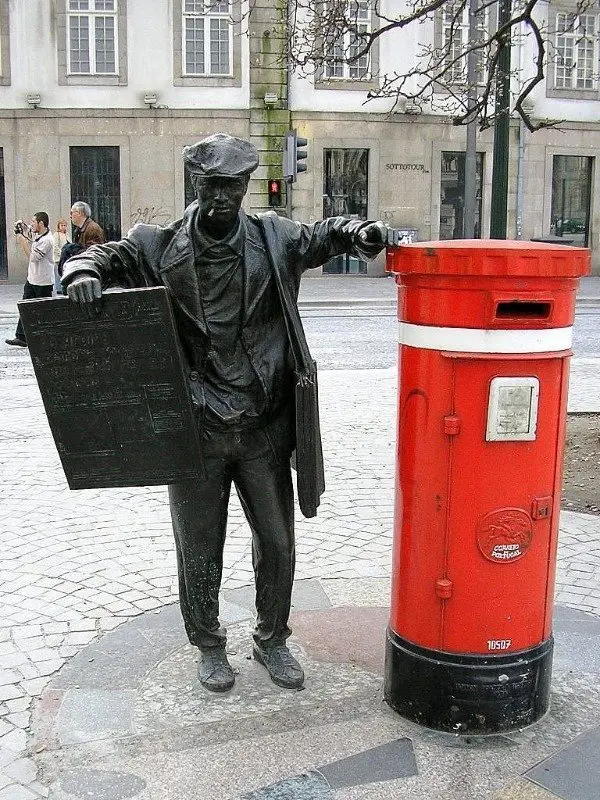
There are many other professions that are disappearing or are already gone like weavers, shepherds, water-drawers and fishwives.
Old activities
With the dawn of machines and new technologies and the development of tourism, many were the activities that changed their focus so that they could continue existing. Next, you can read more about some of these activities.
One of the activities that soon adapted to the dawn of machinery was definitely the agriculture.
For centuries, farmers used animals like cows or donkeys to plough the earth and carry the food from the harvests, by pulling the plough, the cows cart and other farming implements.
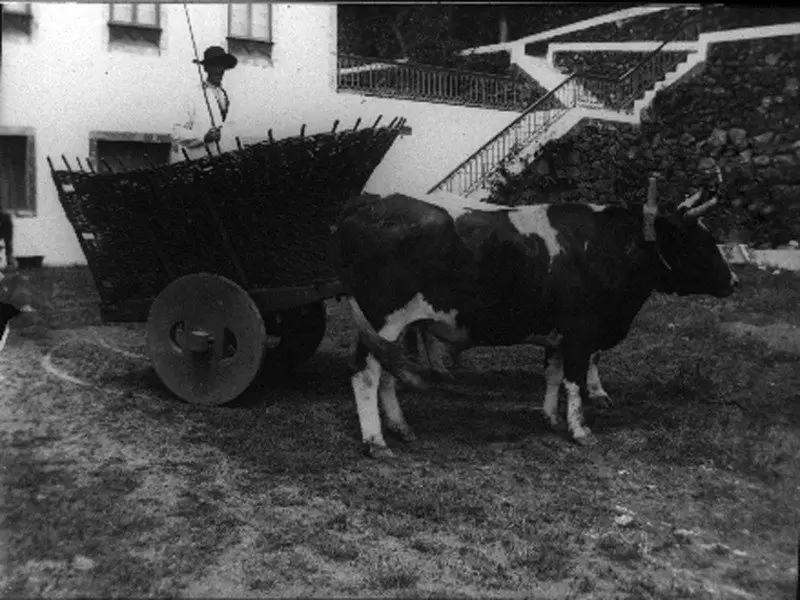
When tractors, harvesters and other implements became available, the traditional ways were left behind and farming became a quicker and easier activity for those working the lands. However, these traditional ways subsist in the smallest and most rural areas of Portugal.
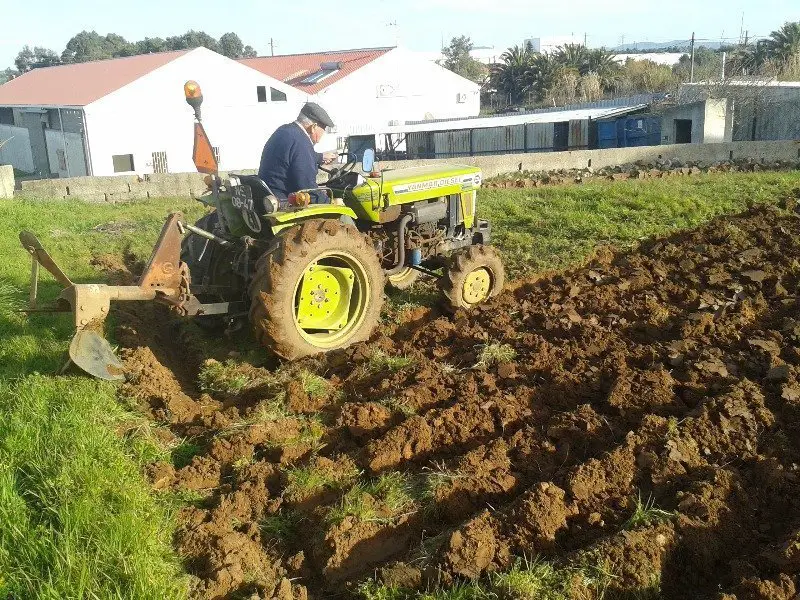
Technological development made some activities obsolete, especially those linked to navigation in some of the Portuguese rivers like Douro, Vouga and Sado.
In Douro river, and for many years, many were the rabelo boats that navigated its waters. Their main function was the transport of barrels of the famous Port wine from the wineries in Douro Wine Region to the cellars located downstream, in Vila Nova de Gaia.
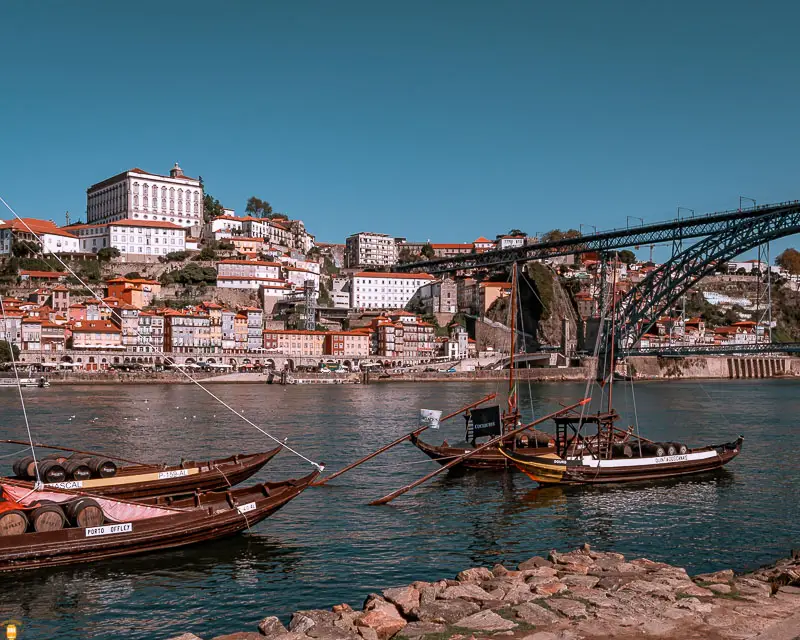
Further south, in Vouga river mouth (Ria de Aveiro), it was the moliceiro boats to navigate the waters. These boats were used in the 19th and 20th centuries to harvest moliço (seaweed) to be used as a fertiliser in agriculture.
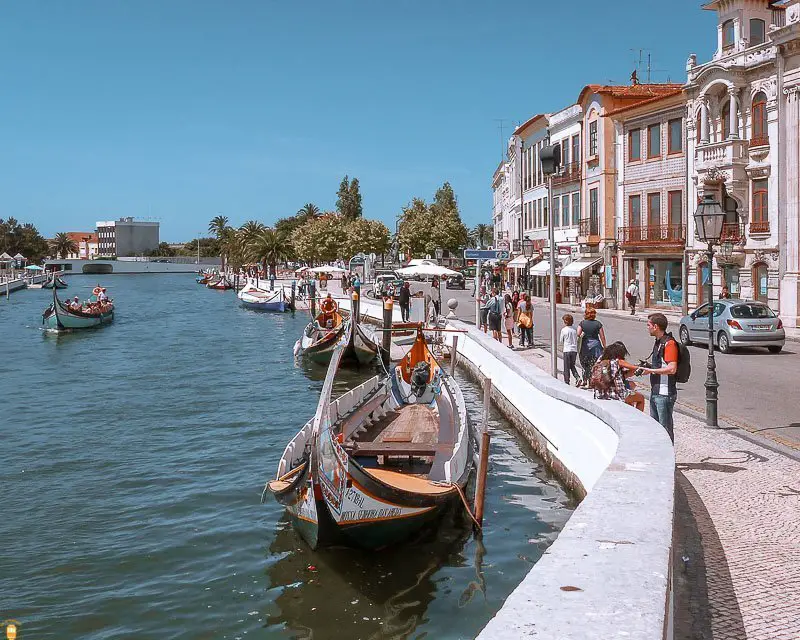
Finally, in Sado river, another boat lost the glow from other times: the salt galleon (galeão do sal). As the name indicates, these boats were used for the transportation of salt but also rice and cork, especially in Alcácer do Sal.
After the initial decline of these types of boats to land transportation, tourism brought a new life and today they are used for Douro cruises, tours in the canals of Ria de Aveiro or dolphin watching (and other things) in Sado river.
Tourism also helps rekindle activities with centuries of history. There are in fact people that want to experience the authenticity and Portuguese customs – take the example of grape harvest in several Portuguese regions.
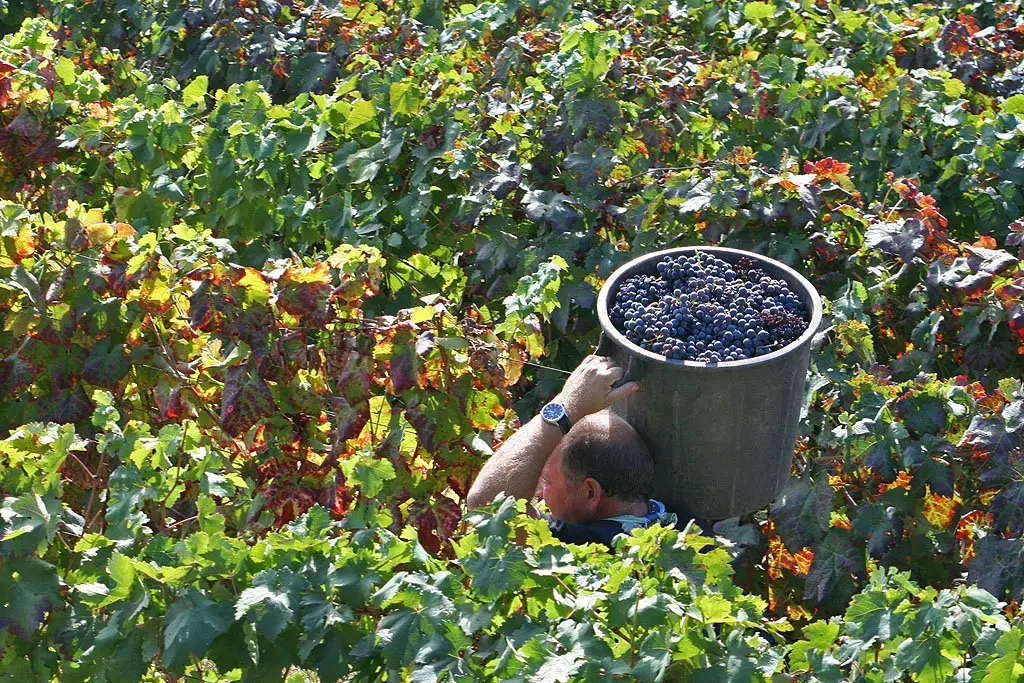
From north to south, thousands of curious people go to the wineries to live a unique experience. These people dress in accordance with the occasion and go to the vineyards to harvest the grapes and then put them in baskets; later, they take the grapes to the wine pressers and make wine – definitely something you must try!
Riding a tram is another activity that gained a new glow with the development of tourism in Portugal, especially in cities like Lisbon and Porto.
People can now take a tram and roam the streets of the biggest Portuguese cities while losing themselves in the present but also in the past. This is a great way to get to know some places in the historic centres and get the experience of riding a tram.
Museums
There are several museums in the country that help preserve the Portuguese customs and traditions. Discover some of these museums that represent the authenticity, culture and Portuguese tradition.
Located in Peso da Régua, Douro Museum (Museu do Douro) is a great place to get to know a little better Douro Wine Region. Visit this museum and learn more about wine production, its transportation and more!
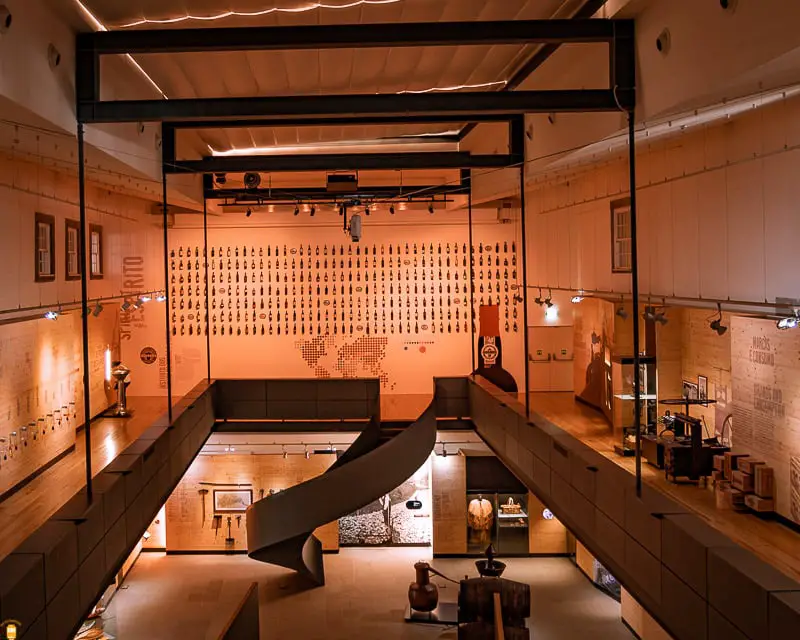
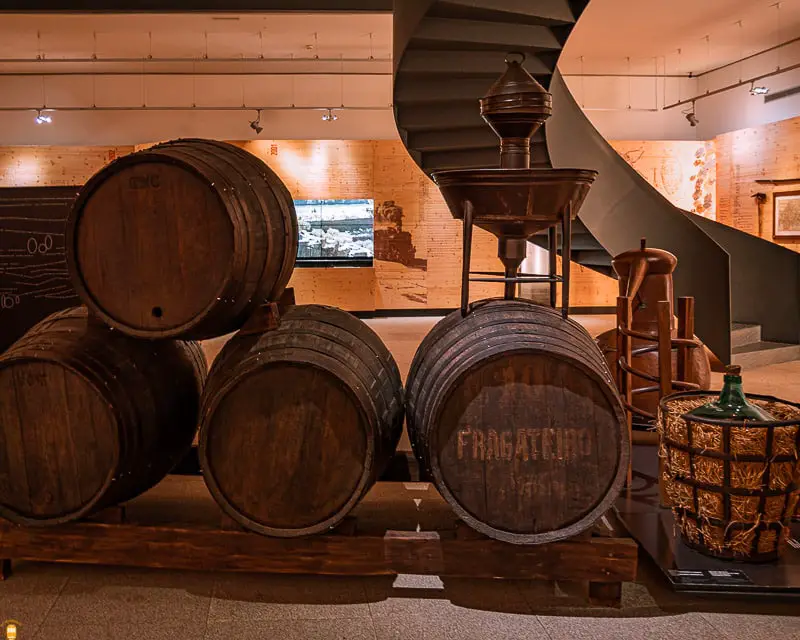
Other Portuguese customs are traditional games that faded into oblivion. Traditional toys like the spinning top and the marble and games like “cabra cega” (similar to blind man’s buff game) and “malha” (similar to quoits game) gave place to game consoles.
However, the Portuguese Toy Museum in Ponte de Lima shows people how children and adults had fun many years ago.
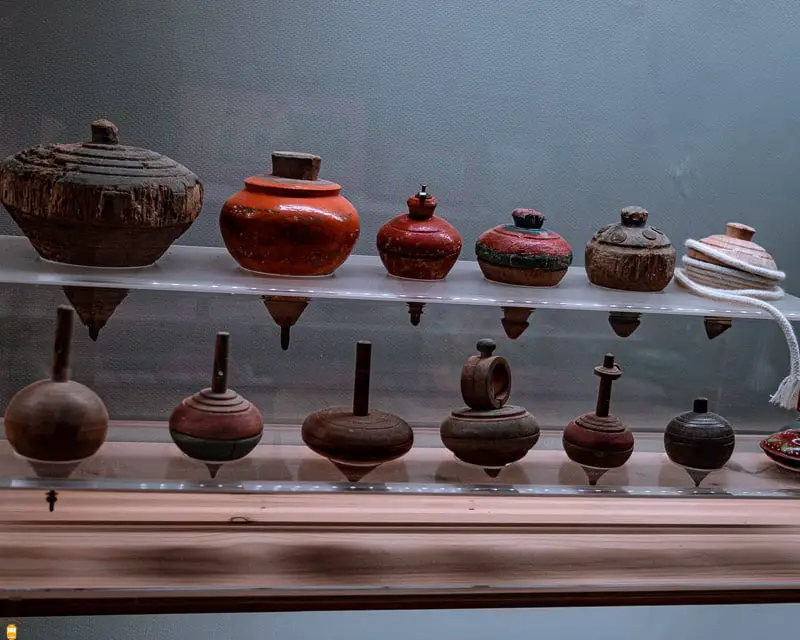
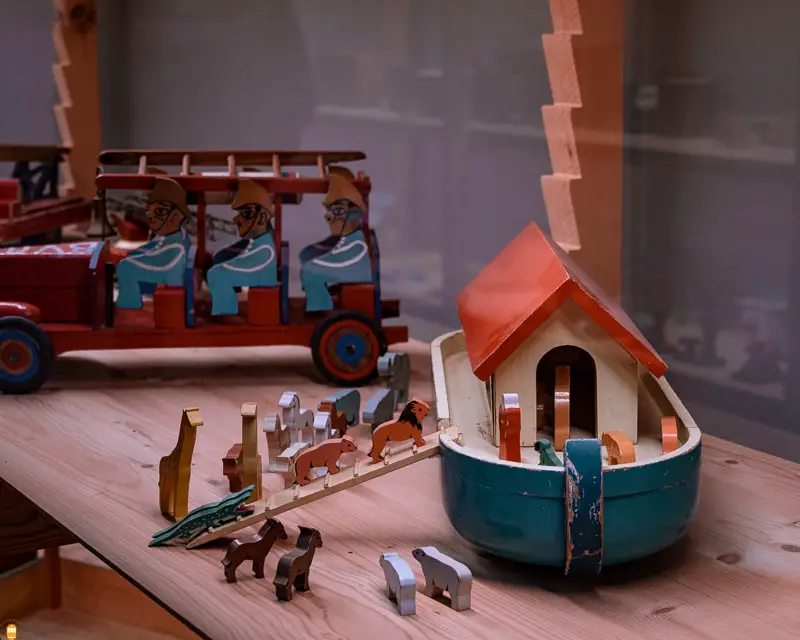
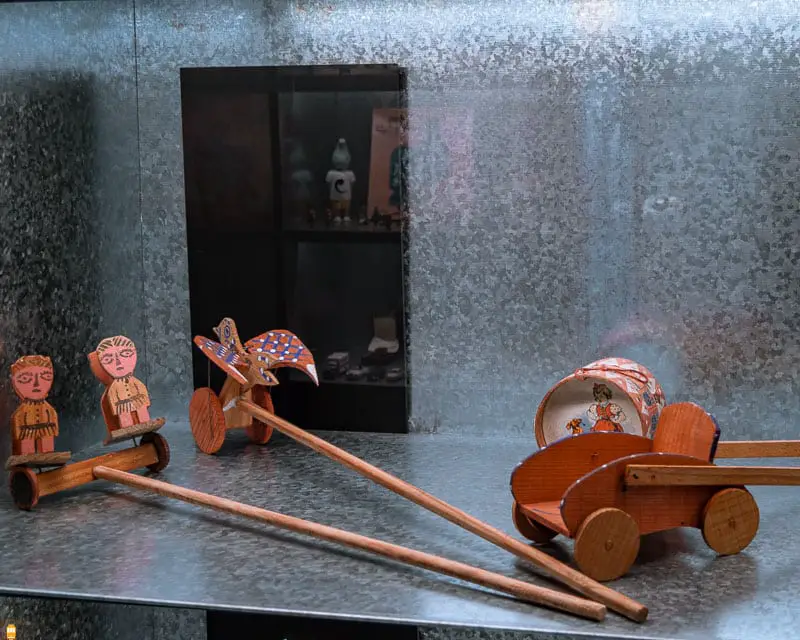
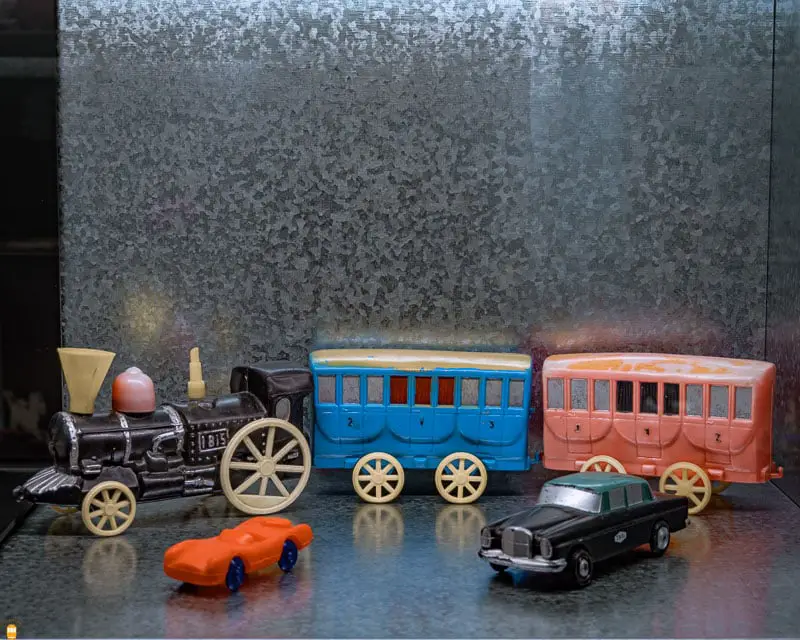
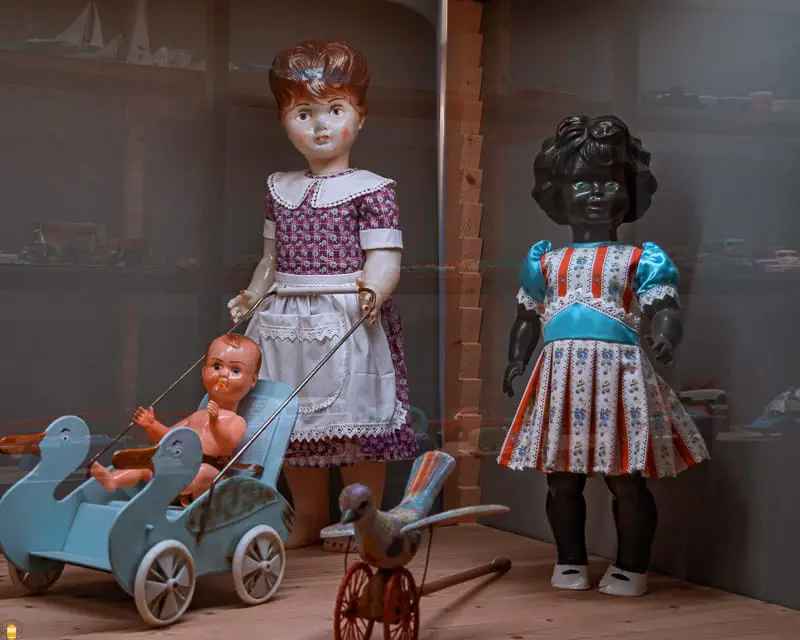
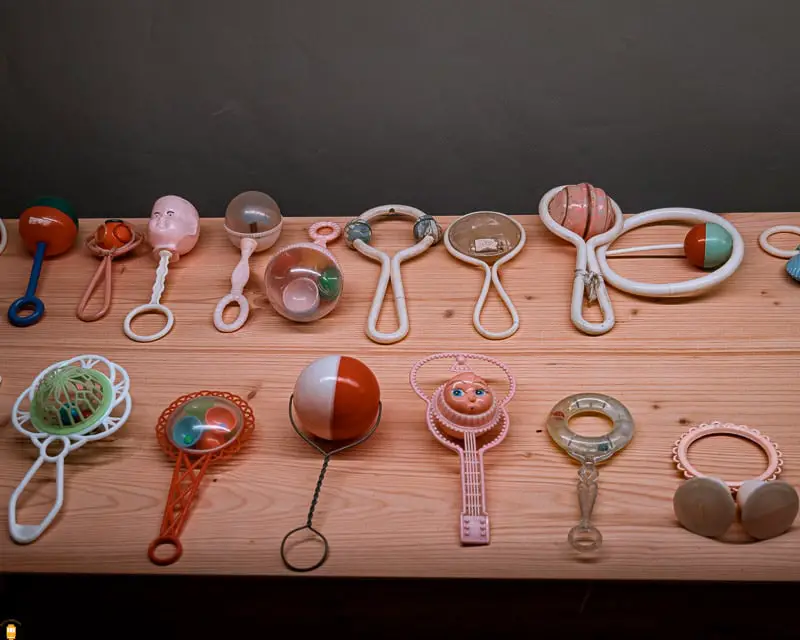
In Porto you can visit the Electric Car Museum. Here, you can learn more about the history of this means of transportation in the city and its evolution throughout the years.
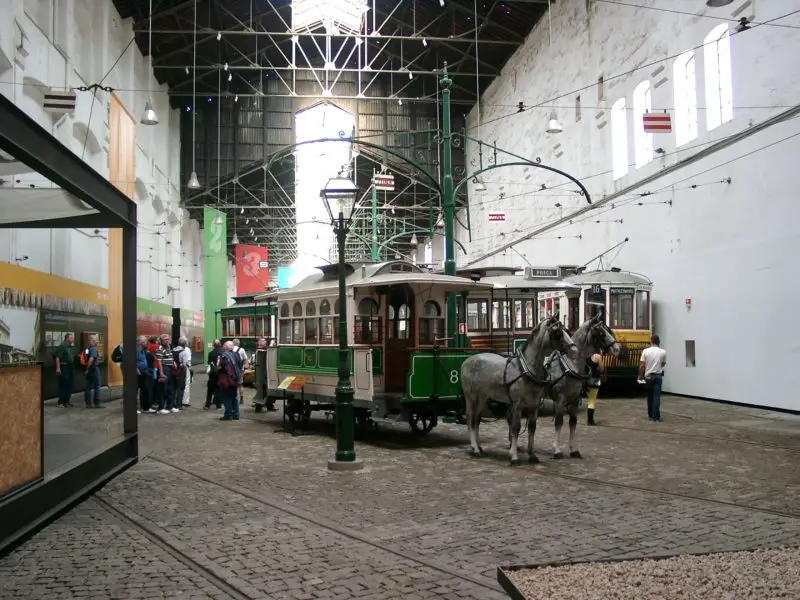
Other museums display the Portuguese customs, culture and tradition like the Ethnology National Museum, the Costume National Museum, the Museum of Transport and Communications and many others.
The best thing to do is to visit Portugal and discover all the authenticity and tradition this country has to offer.
Are you going to visit Portugal? Then don’t hesitate to book your hotel room, your car or the best activities by clicking the links below. This way you are helping me in the development of my blog and I’ll be able to offer you free tips and travel guides so that you can better prepare your visit to Portugal. Thank you!
What will also interest you:
- Top 100 of the best places to visit and things to do in Portugal
- Discover the beautiful Portuguese traditions and the culture of this amazing country
- Discover the wonderful Portuguese festivities and pilgrimages
- The Best Locations to Welcome the New Year in Portugal
- Discover the best Portuguese summer festivals!
- Discover the 7 Wonders of Portugal

